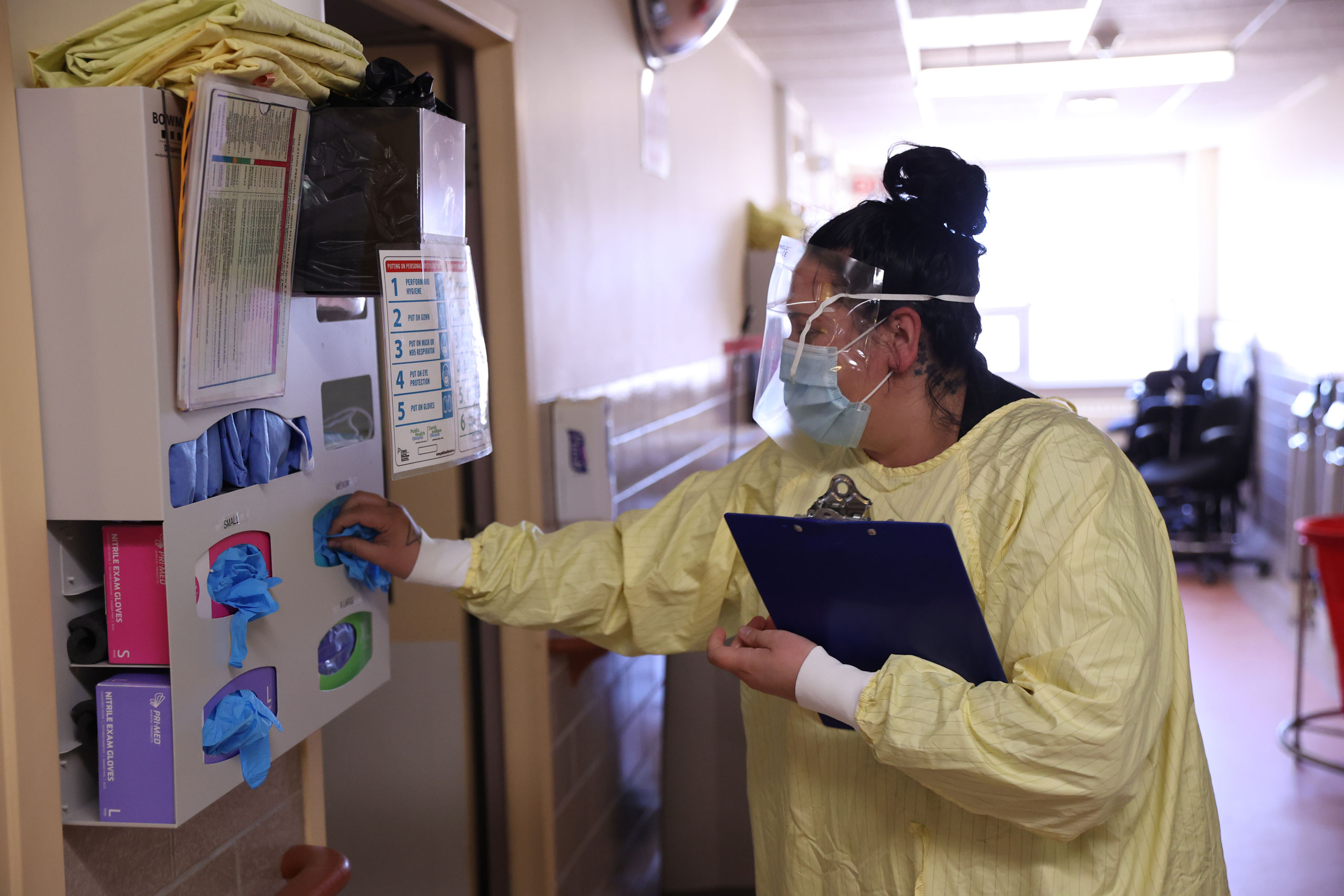
Infection
Hand Hygiene
Every year in Canada patients die or become seriously ill from infections acquired in hospitals. It is estimated that at least 30% of hospital acquired infections are preventable. Bacteria that cause infections are most frequently spread from one patient to another on the hands of health-care workers.
Scientific evidence shows that hand hygiene is the single most important way of controlling the spread of germs which can cause infection.
Every year, an estimated 5-7% of patients admitted to hospitals develop a preventable and sometimes deadly healthcare-associated infection such as Clostridioides difficile (C. difficile) or Methicillin-Resistant Staphylococcus aureus (MRSA).
Hand hygiene involves everyone in the Hospital, including patients. Hand cleaning is one of the best ways you and your health-care team can prevent the spread of many infections. Patients and their visitors should also practice good hand hygiene before and after entering patient rooms.
More patient-specific information is available at:
If you’re visiting our Hospital, please consider these important Hand Hygiene tips:
- Always wash your hands: hand hygiene stations are located at the main entrance and throughout our Hospital.
- Important times to wash your hands include:
- as you enter and leave our Hospital,
- before and after going into a patient’s room or a treatment room,
- before eating, and
- after using the washroom.
- Ask anyone caring for you to wash his/her hands before touching you. It’s your right as a patient.
- Follow the use of personal protective equipment (gloves, gowns, masks) as directed by the signs in front of patient rooms.
Below you will find a links to various Infection Prevention and Control Indicators for SJGHEL:
